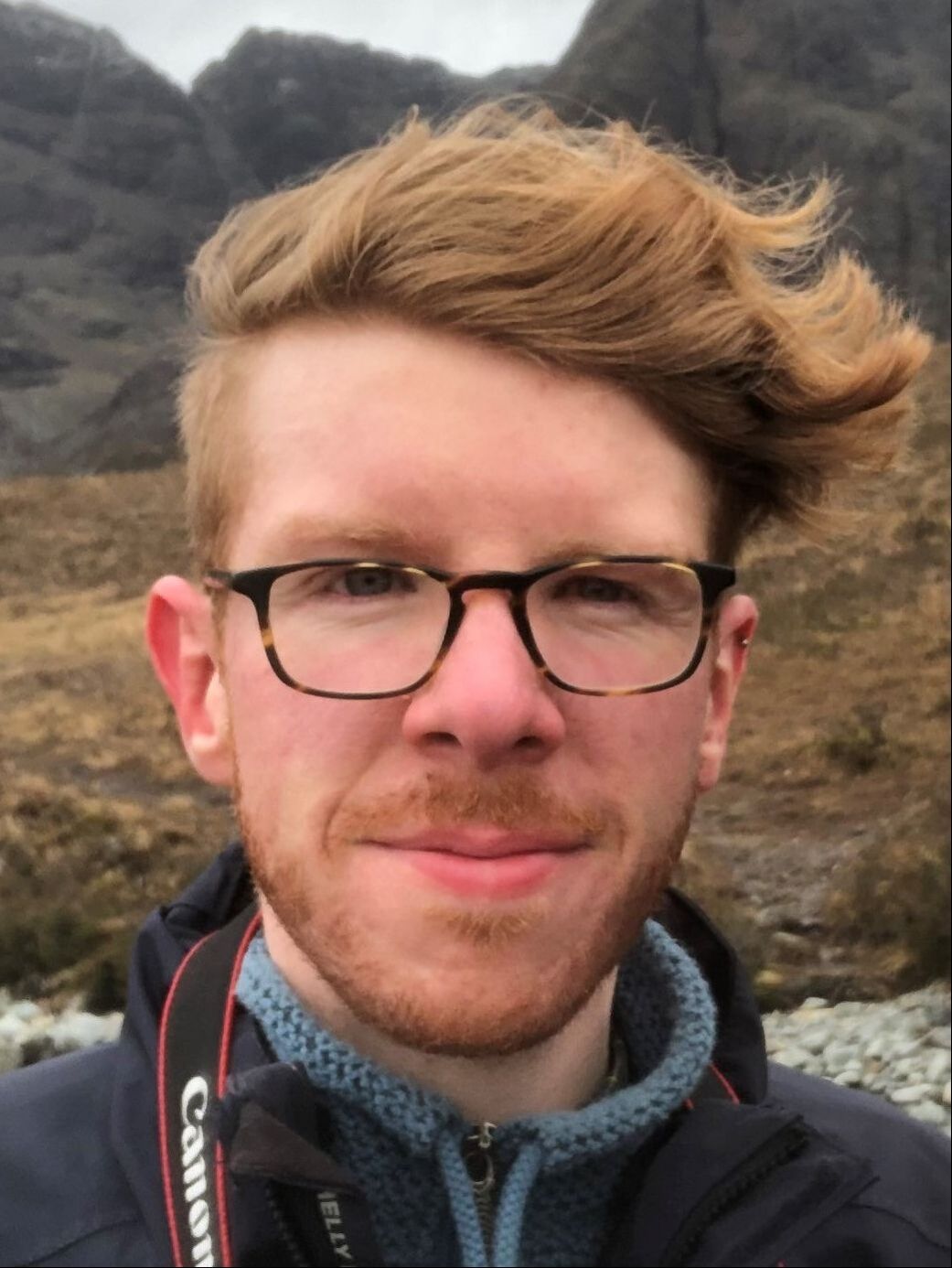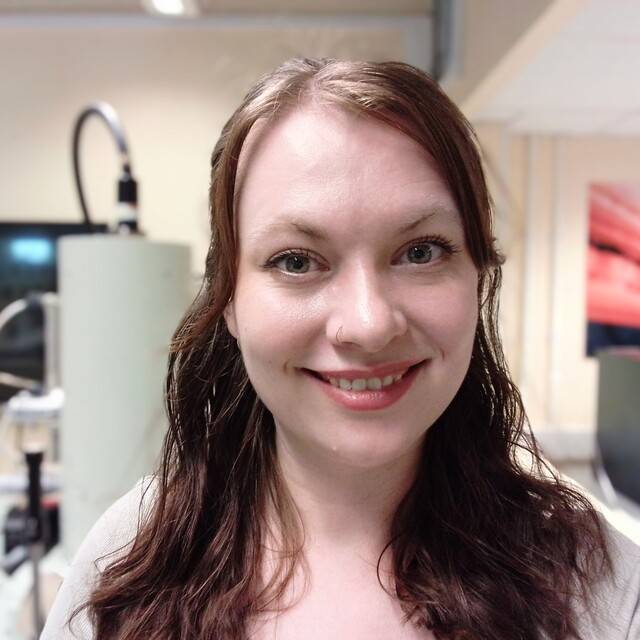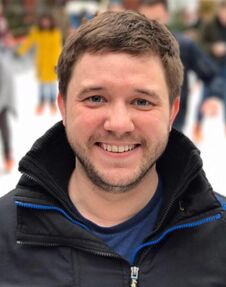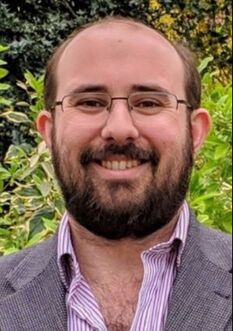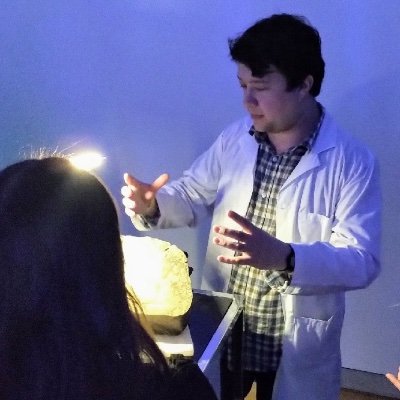UKPF Committee Members
|
Peter McArdle
PhD Student, University of Manchester Email: peter.mcardle at manchester.ac.uk I am a Planetary Sciences PhD student at The University of Manchester. My PhD project is focused on quantifying volatile budgets and determining ages of Enstatite Chondrite meteorites. Studies have shown that these meteorites are likely some of the major building blocks of the Earth. The results of my project will increase our understanding of volatile budgets in the early inner Solar System and also add to our record of the ages of primitive early Solar System material. I have a broad interest in geology and planetary science. I am particularly interested in the formation of early Solar System material and the amalgamation and differentiation of planetary bodies. Prior to beginning my PhD, I was a successful geologist and later a team leader in the energy industry for ten years. I believe that my industry experience has given me a useful perspective and skillset upon which to base my academic career. In addition to research, I also enjoy outreach and teaching. I am a member of The Cosmic Cast podcast and have volunteered at major events like the Bluedot Festival and ScienceX. I am passionate about diversity, equity, and inclusion (DEI). As an LGBTQ+ person, I am keen to promote DEI in the sciences and workplace. I hold teaching associate responsibilities here at Manchester and I hope to continue on an academic career path which balances planetary science research and teaching. |
|
Jen Mitchell
Technical Specialist, University of Plymouth jen.mitchell at plymouth.ac.uk My research is largely based on the use of non-destructive techniques for the study of meteorites, with a focus on the evolution of magmatism and igneous activity on large asteroids in the early Solar System. I use my background as an igneous geologist to investigate meteorites and develop models to explore the details of planetary formation and evolution, as well as classifying new meteorites. I have a particular love for brecciated meteorites and can spend hours unravelling their histories, collaborating with colleagues around the UK and abroad. I'm a passionate educator and love introducing new people to the world of electron microscopy and space science as part of my role as a Technical Specialist at Plymouth Electron Microscopy Centre, University of Plymouth. I have a vested interest in DEI initiatives and do my best to foster a supportive and welcoming environment wherever I go. |
|
Mark Nottingham
Postdoctoral research associate, University of Manchester mark.nottingham at manchester.ac.uk I am a Research Associate at the University of Manchester. I am currently working on a Leverhulme Trust funded project, looking at lunar samples that may preserve past and present records of solar wind noble gases; this information can potentially tell us about the history of the Sun and how it affected the development of Earth. Although I’d now consider myself a planetary scientist, I actually started out as a geochemist – it was a chance decision about what masters project to select that opened my mind to the possibility of doing a planetary science PhD. When I’m not unravelling the mysteries of the Moon, you’ll probably find me cooking up a storm in the kitchen, or somewhere up a bouldering wall. As an LGBTQ+ individual, I am a keen to find ways of increasing diversity across the sciences and promoting LGBTQ+ communities to get involved with planetary sciences. |
|
John Pernet-Fisher
Postdoctoral research fellow, University of Manchester, Email: john dot pernet-fisher at Manchester.ac.uk, @BinocularFish My research interests focus on the chemical evolution of differentiated bodies within the solar system, predominantly on the Earth, Moon, and Mars. In particular, I am interested in how the chemistry of volcanic rocks can provide valuable insights into the geochemical evolution of planetary crusts and mantles. I am currently a postdoc at the University of Manchester working samples from Apollo 16 in order to understand the formation history of the lunar crust. Prior to this I held a postdoc at the University of Tennessee and completed a PhD at Royal Holloway, University of London. During this time, I worked on a wide range of terrestrial and extra-terrestrial projects ranging from understanding liquid immiscible in lunar mare basalts to constraining metasomatism in the Siberian lithospheric mantle. |
|
Lee White
Post Doctoral Research Associate, The Open University Email: Lee dot White at open.ac.uk; @DrBaddeleyite Currently a postdoctoral researcher at the Open University, my research focuses on unravelling the nanoscale structural and chemical intricacies which are inherent in all planetary samples. I use techniques such as atom probe tomography (APT) to analyse the structure and trace element composition of minerals in an effort to constrain the timing and mechanisms of crustal formation, evolution and bombardment in the inner Solar System, with a particular focus on the Moon. After completing my PhD at the University of Portsmouth, I undertook postdoctoral research at the University of Toronto (Canada), where I worked on a range of topics including constraining the acidity of water on a carbonaceous parent body, and understanding the shock deformational history of ancient Martian breccias. |
